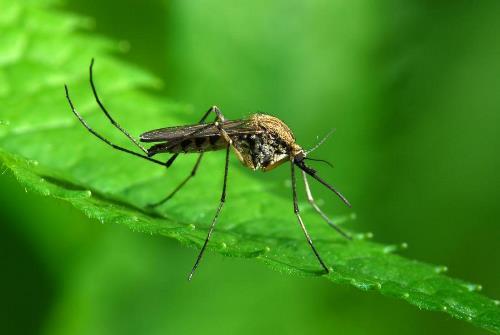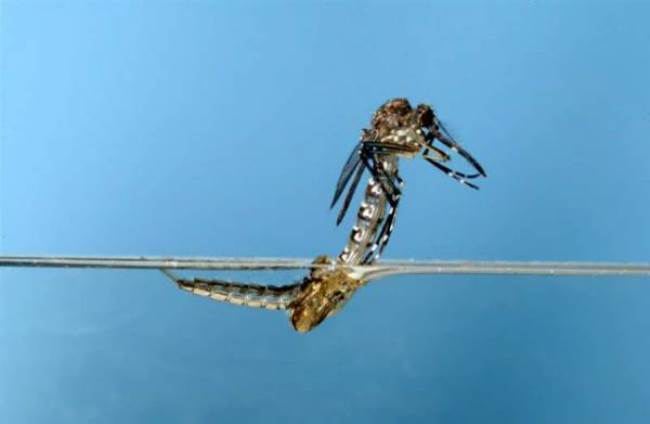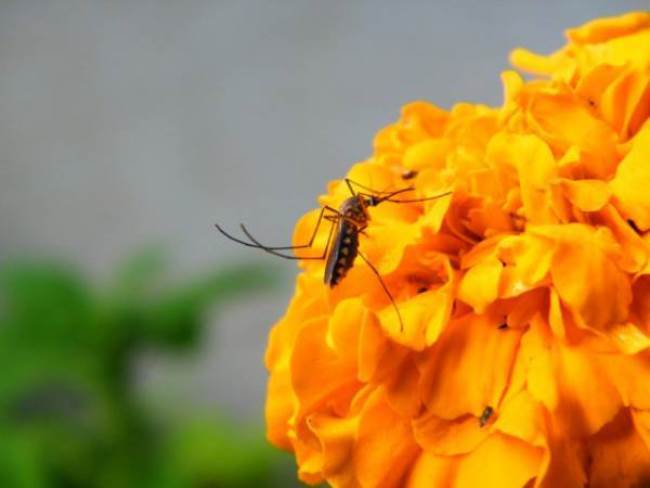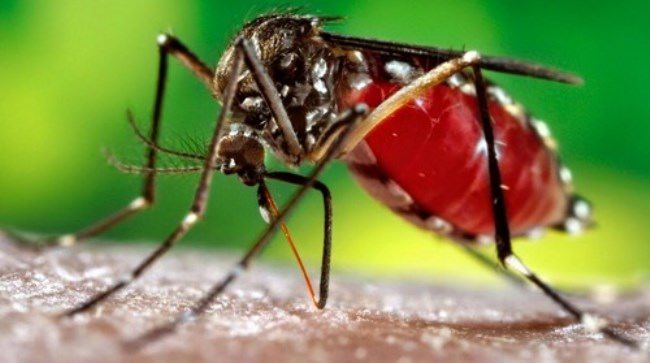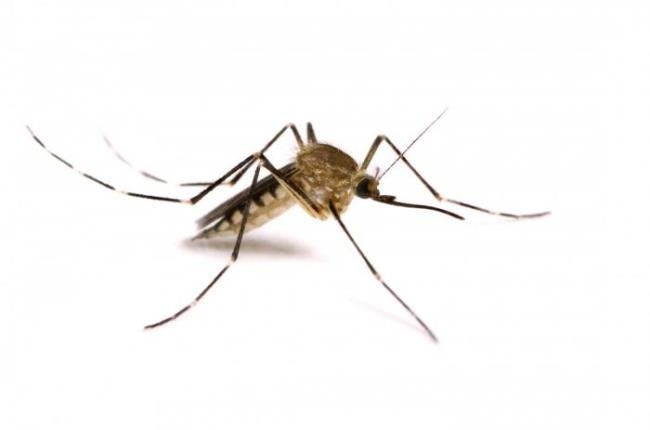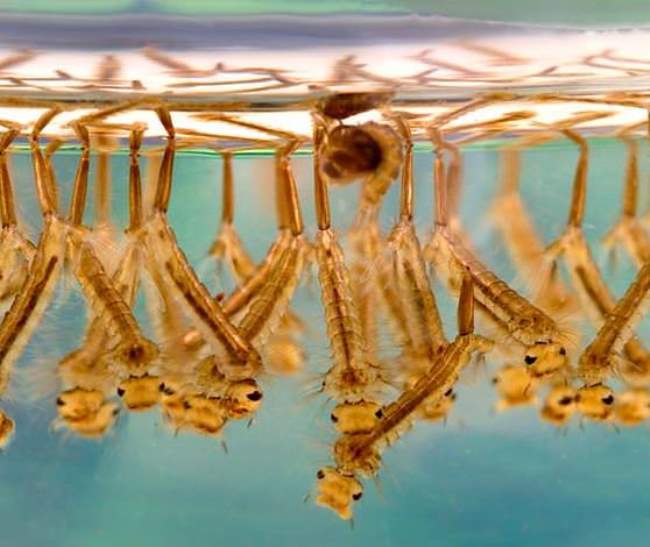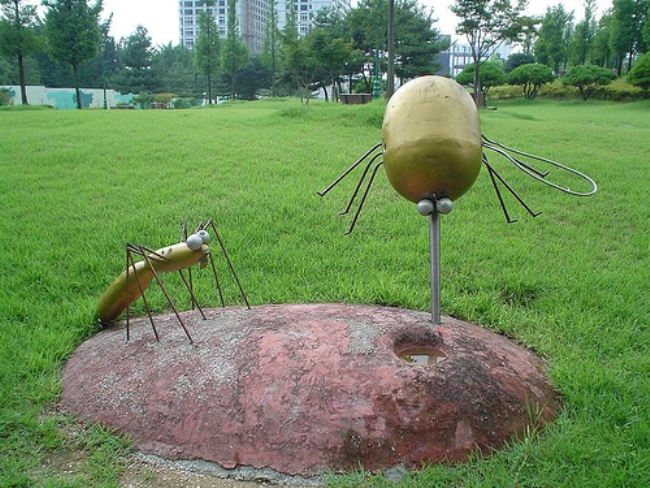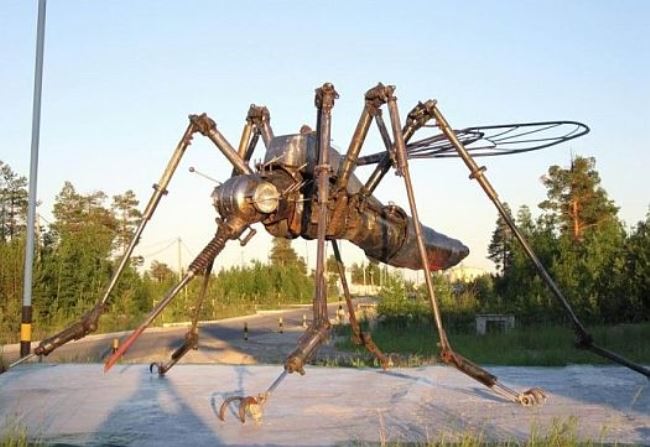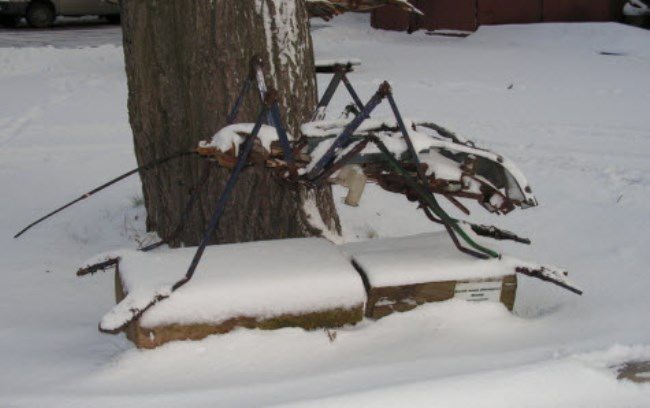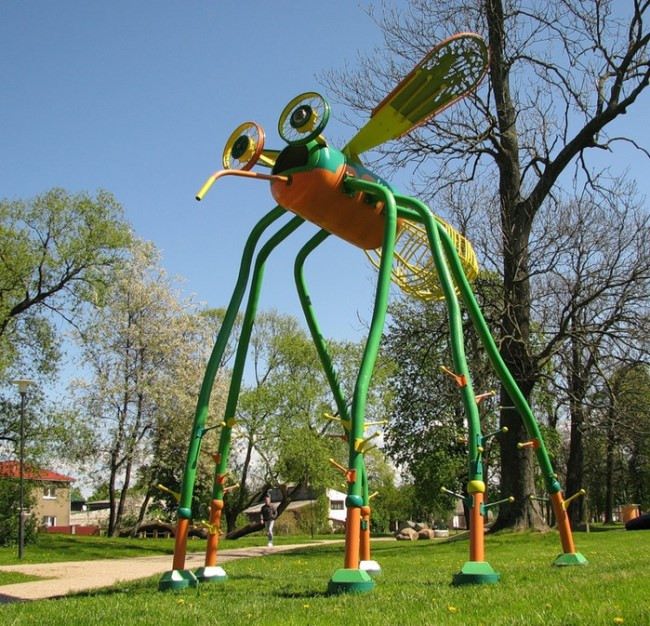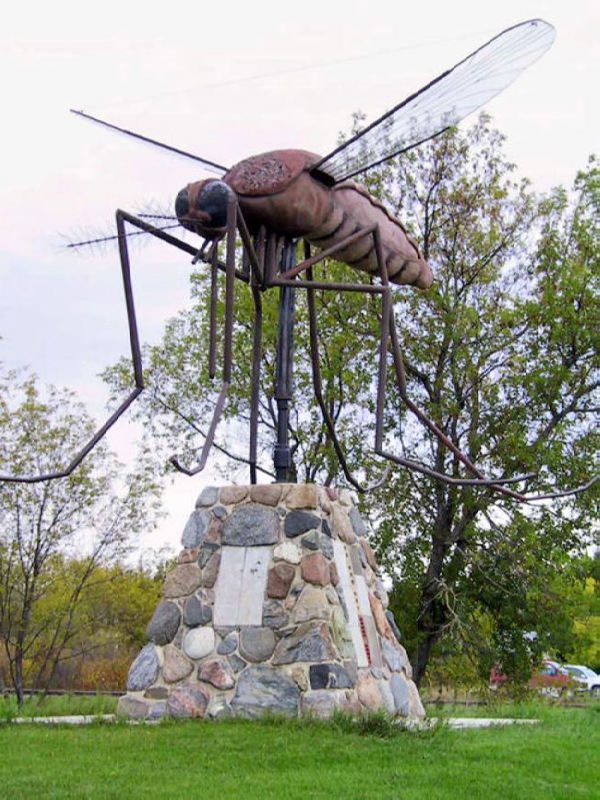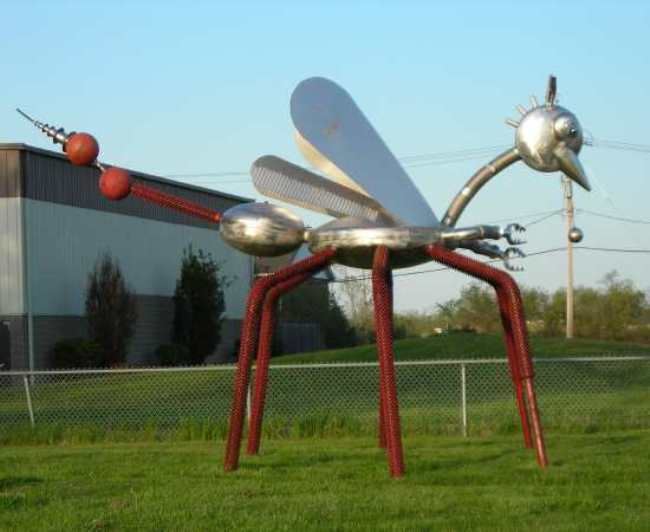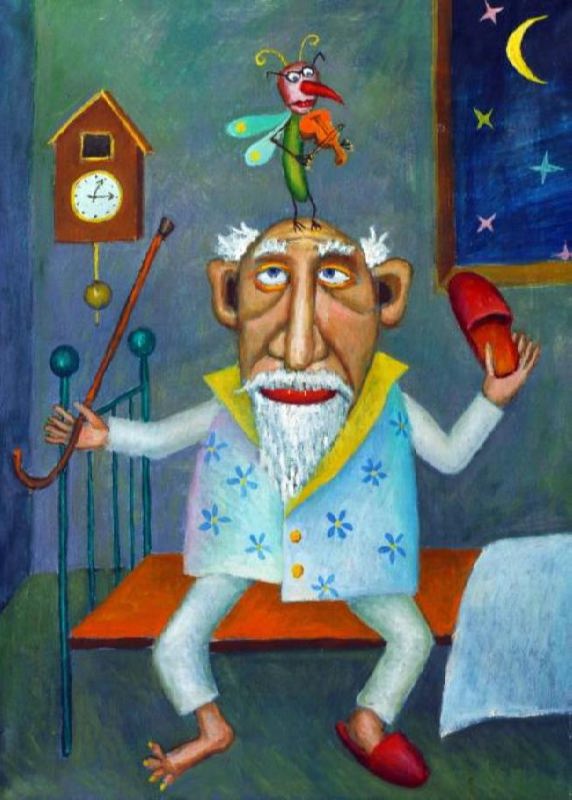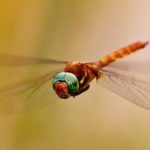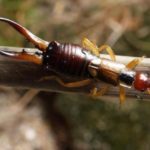Mosquito – Itchy Situation
Only the female mosquito bites and leaves those itchy lumps on our arms and legs. She needs the blood for her eggs to develop. The humming sound we hear comes from the fast beat of the mosquito’s wings. The male mosquito feeds on nectar and other plant juices. Mosquitoes are part of a large group of insects called flies. A mosquito has two narrow wings, two antennas, and six long legs. A female mosquito usually has a mouthpart called a proboscis, which looks like a long tube. There are more than 3000 species of mosquitoes.
Mosquitoes are usually found wherever the weather is damp or where there are rivers, lakes, or swamps. That’s because these insects must lay their eggs in water. They even lay eggs in tin cans partly filled with rainwater. Mosquitoes have four stages in their life cycle beginning with the egg, then proceeding into a larva stage, followed by a pupa stage, and finally adulthood. When the eggs hatch, the young mosquitoes look like little worms.
The larvae live at the surface of the water. They molt a few times and then change into pupae, which also live in the water. From 30-500 eggs are laid at one time by females.
In the far north there are so many mosquitoes in summer that when they fly they look like black clouds.
When female mosquitoes bite, they inject saliva into the wound. This makes it easier for them to draw blood. The saliva is what causes mosquito bites to itch.
Mosquitoes can spread malaria, yellow fever, and other serious diseases through their bites. This is the main reason that people are so eager to kill mosquitoes.
The distance over which a mosquito can detect a blood host can range from 6-27 m. Human beings are not the only blood hosts that mosquitoes attack. They feed on mammals, birds, lizards, fish, bats, and even caterpillars.
To tell the truth, mosquitoes are useful. Firstly, they are food for fish, birds, other large insects, newts and many other species of animals, and therefore they are the stability of the food cycle. Secondly, these ubiquitous insects occupy an important place in ecological balance, since after turning into an adult insect they take out important microelements from the water bodies and enrich the soils after their death. Thirdly, males pollinate plants.
These insects appeared on the planet about 100 million years ago.
The life of male mosquitoes lasts no more than two weeks, while females can live longer than a month.
